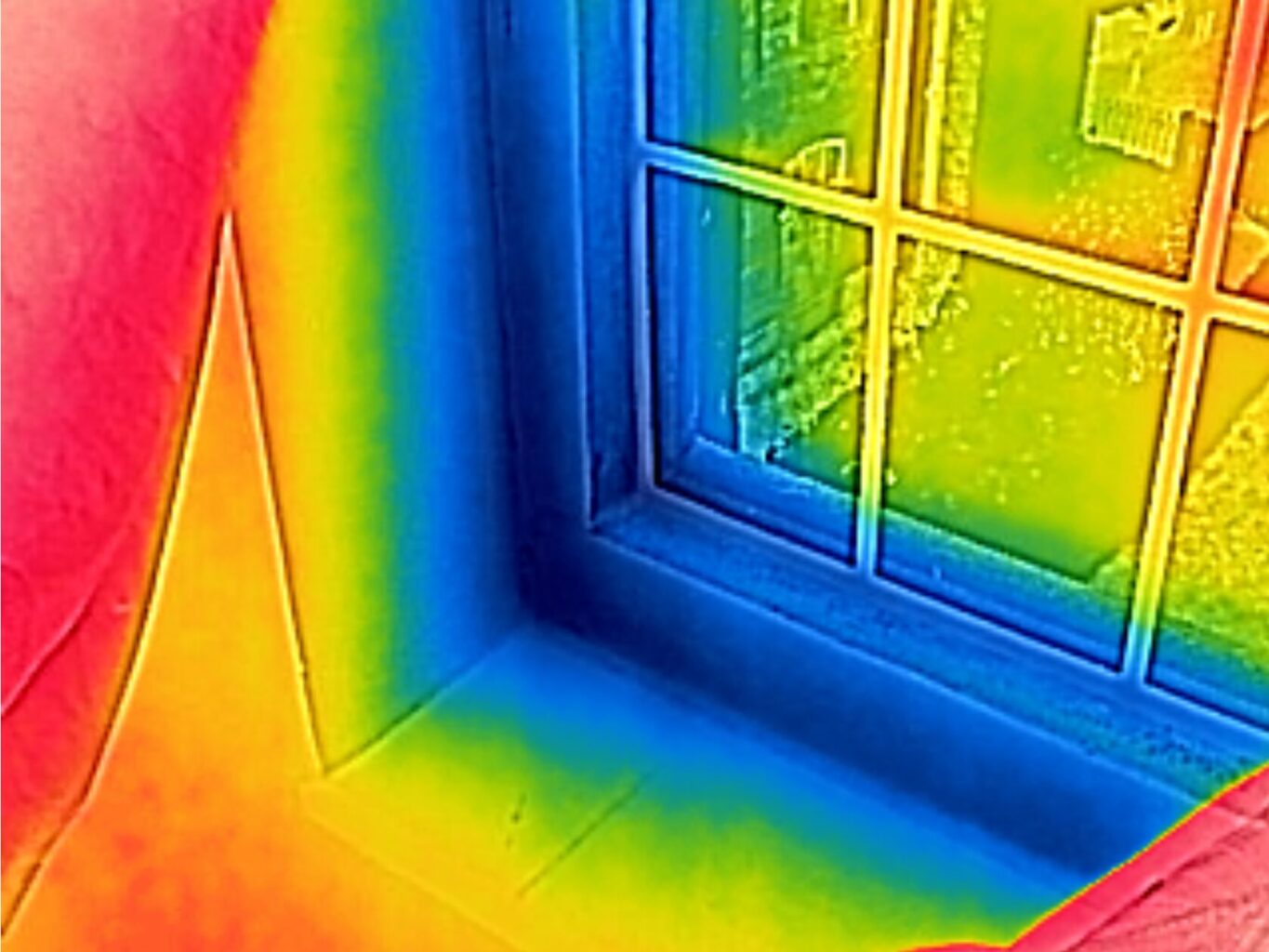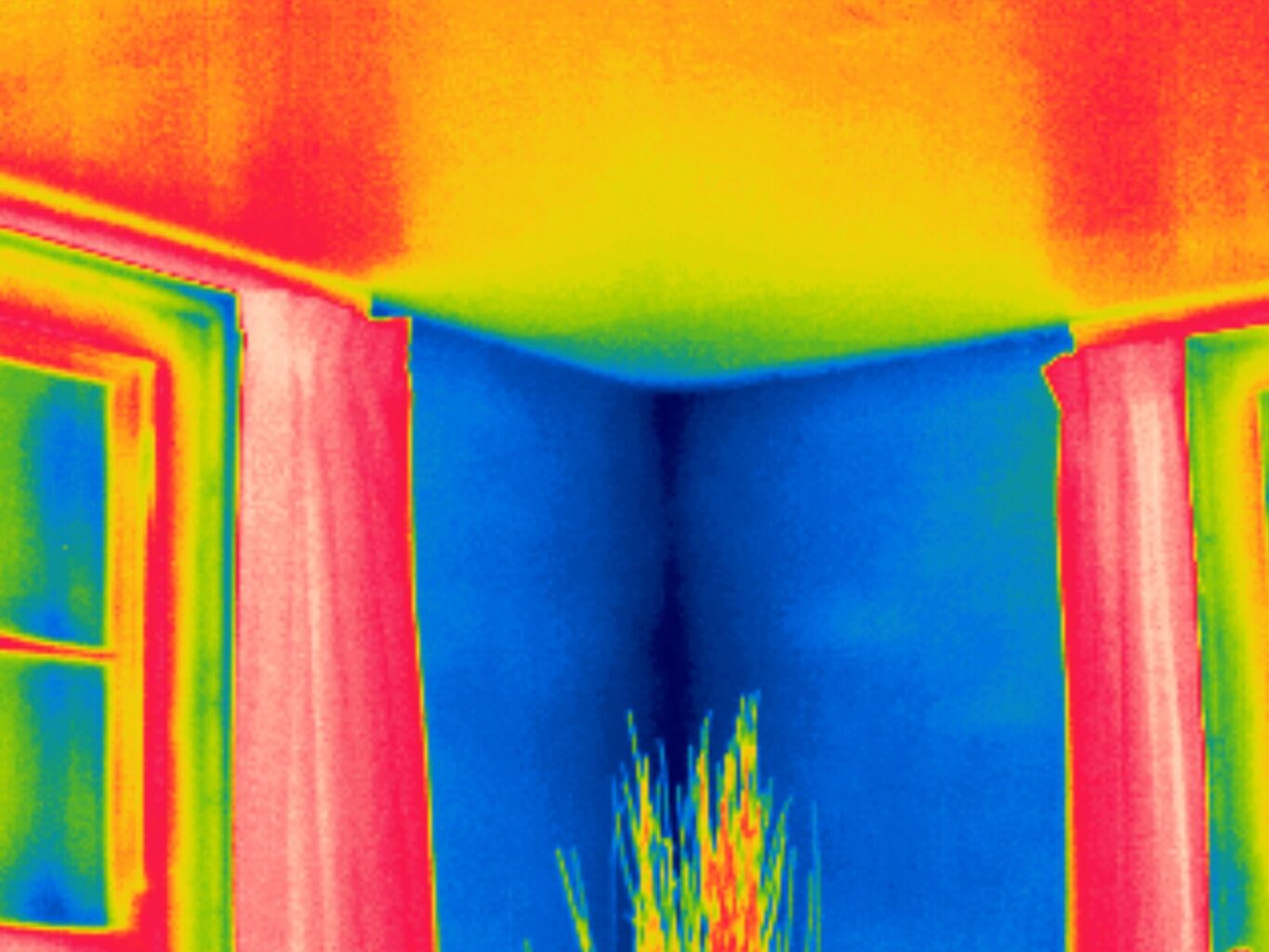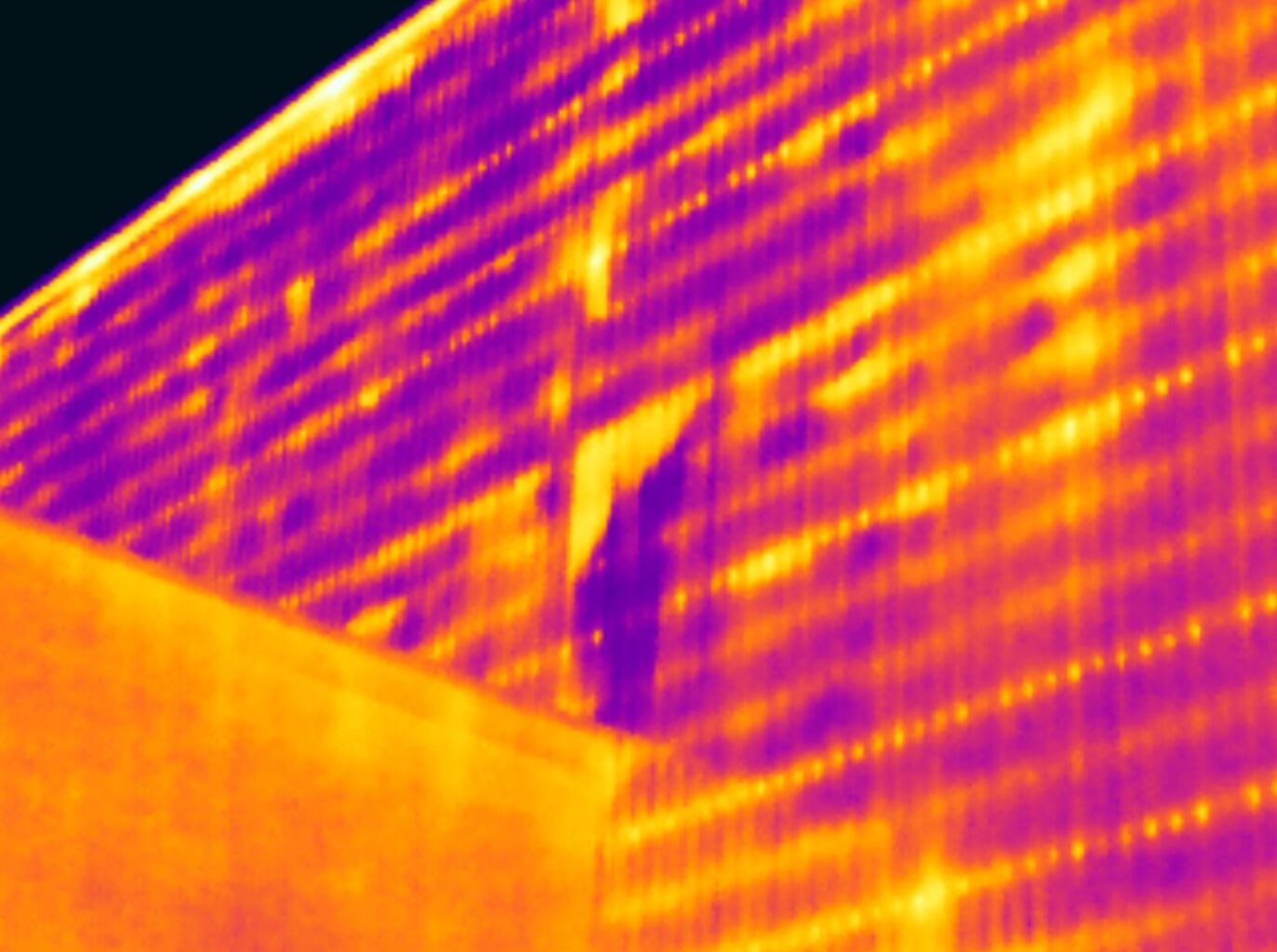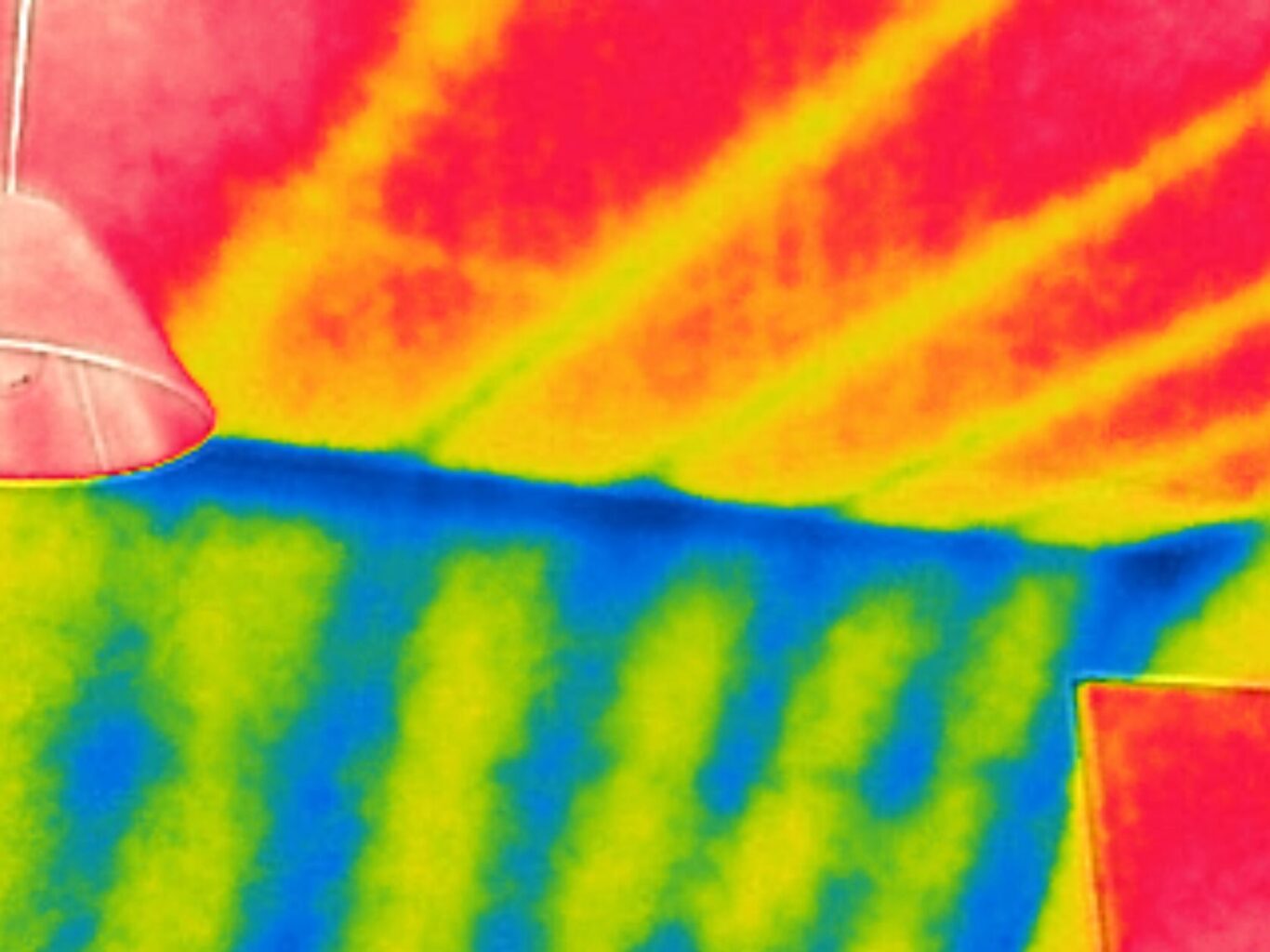Understanding the Importance of Regular Annual Solar Panel Inspections
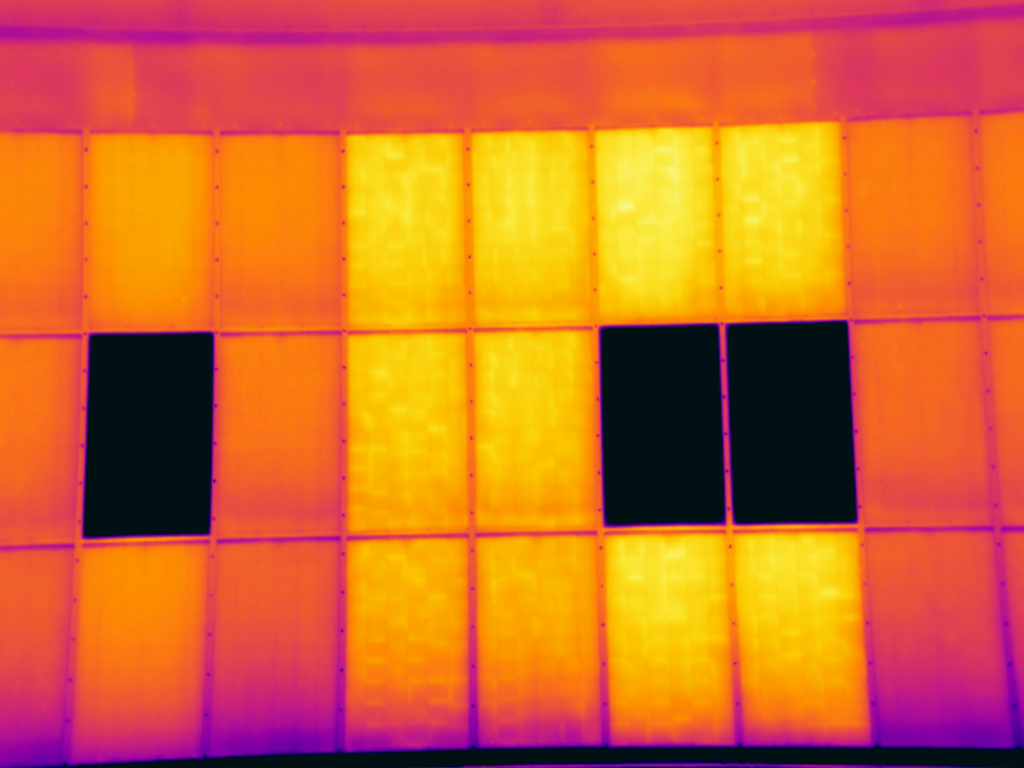

Solar panels are a significant investment, and like any investment, they require regular maintenance to ensure optimal performance. Annual inspections are crucial to identify any potential issues early, preventing costly repairs or replacements down the line. According to the Energy Saving Trust, a UK-based organisation, regular inspections can increase the lifespan of your solar panels by up to 25%.
Moreover, annual inspections ensure that your solar panels are operating at peak efficiency. A study by the University of Manchester found that even minor issues, such as dust or debris, can reduce solar panel efficiency by up to 20%. Regular inspections can help identify these issues, ensuring that your solar panels are generating as much energy as possible. Furthermore, regular inspections can help you stay compliant with warranty requirements. Many solar panel manufacturers require annual inspections to maintain the warranty or insurers for cover. Failing to conduct these inspections could void your warranty, leaving you liable for any repair or replacement costs. Regular inspections can provide peace of mind. Knowing that your solar panels are in good working order can give you confidence in your investment and the energy it’s producing.
IEC Solar Inspection Services
Harness the power of spring and ensure your solar panels are operating at peak efficiency. Contact our experienced thermographers today for a comprehensive solar panel inspection. We are certified thermographers, experienced in solar panel inspection to IEC standards. We can complete both the structured and compliant data capture through to the formal inspection report.
As approved drone pilots we work throughout the UK to provide both aerial and ground based thermography services. Fully insured and certified by the CAA with enhanced permissions for day and night time flights
Why Spring is the Perfect Season for Solar Panel Thermal Inspections
Spring is the ideal time for solar panel inspections for several reasons. Firstly, the weather conditions in spring are typically mild, making it safer and easier to conduct inspections by drone. According to the Met Office, the UK’s national weather service, spring is one of the driest seasons, reducing the risk of weather-related inspection delays. Solar panel inspections via thermal cameras requires the surfaces to by dry.
Spring inspections allow for any necessary repairs or maintenance to be completed before the high-energy production months of summer. This ensures that your solar panels are operating at peak efficiency when the sun is at its strongest. Spring is the perfect time to identify any damage that may have occurred during the winter months. The harsh winter weather can cause a variety of issues, from cracked panels to loose connections. Identifying and addressing these issues in spring can prevent further damage and energy loss.
Conducting inspections in spring can help you plan for the year ahead. If your inspection identifies the need for a major repair or replacement panel, you’ll have ample time to budget and schedule the work before the high-energy production months.
The 5 Key Advantages of Proactive Solar Panel Inspections with Thermography
Thermography, or thermal imaging, is a non-invasive technique that can identify issues with your solar panels that may not be visible to the naked eye. Here are five key advantages of proactive solar panel inspections with drone thermography.
- Thermography can identify hot spots, which are areas of the panel that are operating at a higher temperature than the surrounding areas. Hot spots can indicate a variety of issues, from faulty cells, cells in short-circuit, to poor connections, and can significantly reduce the efficiency of your solar panels.
- Thermography can identify potential fire hazards. According to the UK’s Fire and Rescue Services, solar panels were involved in over 300 fires in 2018. Regular thermographic inspections can help identify and address potential fire hazards before they become a serious issue.
- Thermography can help you stay compliant with warranty and home insurance requirements. Many solar panel manufacturers and home insurance companies require thermographic inspections as part of their warranty conditions.
- Thermography can help extend the lifespan of your solar panels. By identifying and addressing issues early, you can prevent further damage and extend the lifespan of your panels.
- Thermography can provide peace of mind. Knowing that your solar panels have been thoroughly inspected and are in good working order can give you confidence in your investment.
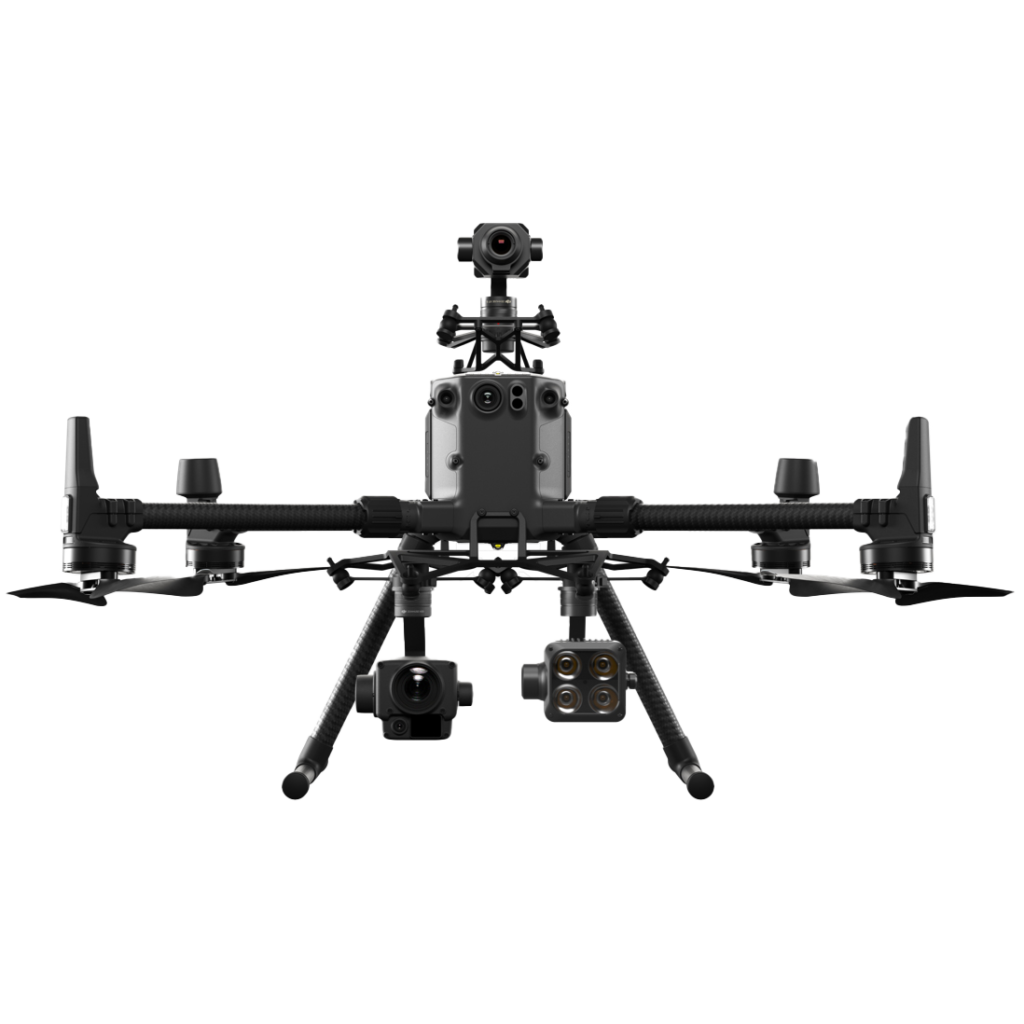
Practical Tips for Conducting Springtime Domestic Solar Panel Inspections
When conducting springtime domestic solar panel inspections, there are several things to keep in mind. Firstly, safety should be your top priority. Always ensure that you have the proper safety equipment and training before attempting to inspect your solar panels. Using a professional drone operator trained and certified in solar panel inspections is essential for safety and accuracy of the data collected.
General clean your panels, free of dust, debris, and bird droppings can increase the efficiency of your solar panels. Cleaning your panels can help ensure they’re operating at peak efficiency.
While there are many things you can do yourself, a professional thermal inspection can identify issues that you may not be aware of. A professional thermographer can also provide data that will focus the maintainance and careplan for your solar panels to ensure they’re operating at peak efficiency.
What to Look For when Choosing a Professional Thermographer to Conduct your Solar Panel Inspections
When choosing a professional thermographer to conduct your solar panel inspections, there are several things to consider. Firstly, look for someone with experience and training in solar panel inspections who can complate the inspection to IEC 62446-3:2017 standards. This can ensure that they’re familiar with the unique challenges and issues associated with solar panels. Look for someone who uses the appropriate high-quality equipment. The quality of the thermographic images can greatly affect the accuracy of the inspection.
Also, look for someone who provides an appropriate detailed thermographic report. This should include thermogram tuned and calibrated images, and a professional description of any issues found.
Lastly, look for someone who is insured. This can protect you in the event of any damage or injury during the inspection.



